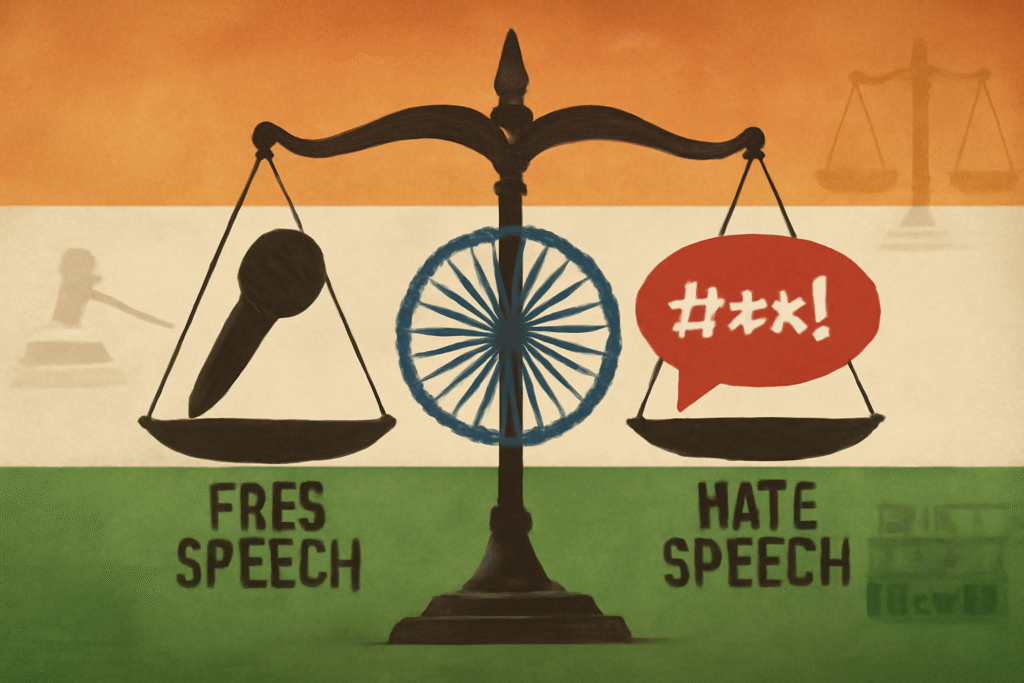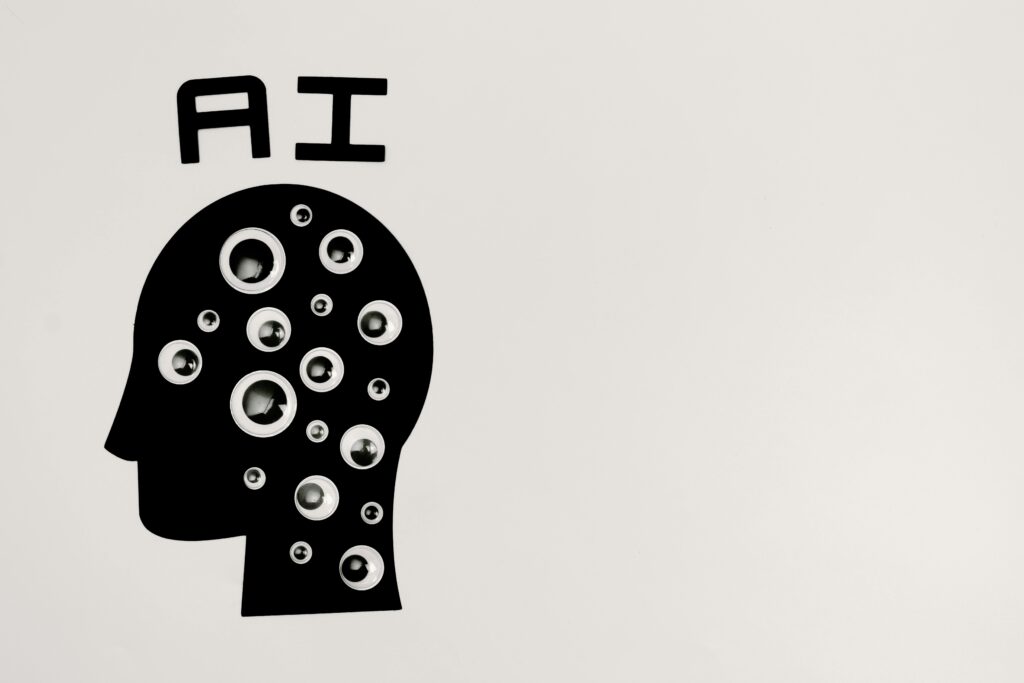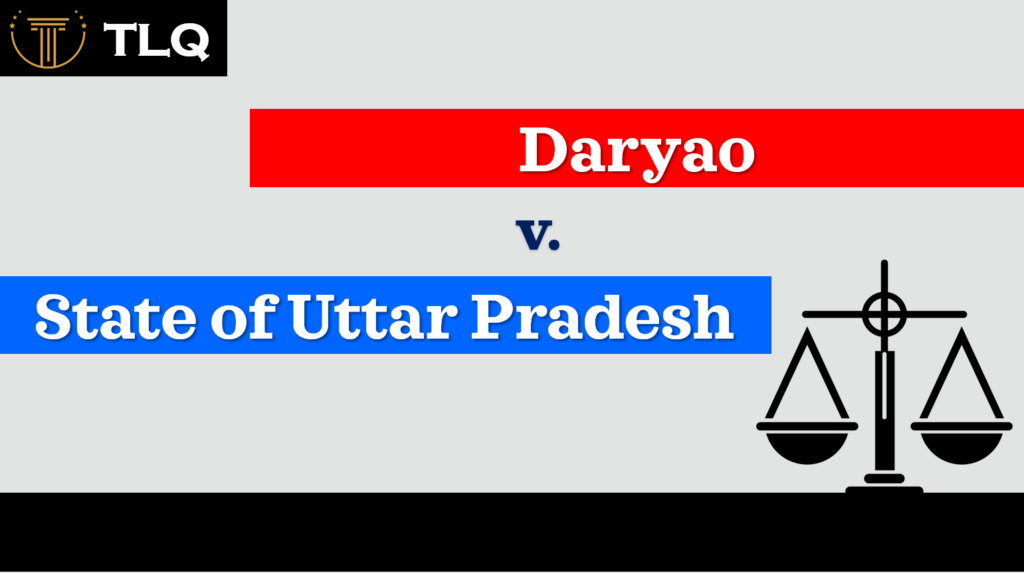Published On: 11th November, 2023
Efficiency Of Fast Track Courts in India
FAST TRACK COURTS
Fast Track Courts are special courts with exclusive jurisdiction over a particular category of law. The primary goal of India’s fast-track courts is to expeditiously adjudicate a great number of outstanding cases within a designated timeframe.
EVOLUTION
- The 11th Finance Commission recommended setting up Fast Track Courts in 2005. Nearly 3 crore cases were pending in the Courts at that time. Following this, 1734 FTCs were constituted across the nation.
- The 188th Law Commission report recommended the government to set up Fast Track Courts dealing with commercial offenses in every High Court.
- The 213th Law Commission report of 2011 recommended the government set up FTCs for cheque bounce cases.
- After the 2012 Delhi Gang Rape case, Indian Government set up a Nirbhaya fund and also set up Fast track mahila courts. Thereafter, many states started Fast Track courts for rape cases.
- A plan to establish 1,023 FTSCs nationwide for the quick resolution of ongoing rape cases under the Indian Penal Code (IPC) and crimes under the POCSO Act was authorized by the government in 2019.
- To address cases of heinous crimes, civil matters involving women, children, senior citizens, HIV/AIDS, etc., and property-related cases that have been lingering for more than five years, the 14th Finance Commission recommended the establishment of 1800 FTCs between 2015 and 20.
OBJECTIVES
-
Swift Justice – To deliver the justice swiftly. Cases in normal courts may be delayed but FTCs help in expediting the trial and reach the judgment rapidly.
-
Clearing Backlog – FTCs play a major role in clearing the backlog of cases.
- Specialization – FTCs are often set up with a specific focus, such as dealing with cases related to crimes against women, children, or vulnerable sections of society.
PERFORMANCE
Based on National Crime Records Bureau (NCRB) data, 81% of the 26,965 cases that fast-track courts completed in 2019 had trials that lasted one to ten years.
It took one to ten years to resolve 69% of the 17,155 cases that the Protection of Children from Sexual Offenses (POCSO) courts heard in 2019.
As of December 2022, there are 764 Fast Track Courts dealing with sexual offences, including 411 exclusive POCSO Courts in 28 states & UTs. Inactive cases in these courts total more than 1,444,000. The Fast-Track Courts were funded with a total of Rs. 198.77 crores provided by the Center in 2022–2023.
In March 2023, Union Law Minister Kiren Rijiju said that he was not satisfied with the performance of Fast Track Special Courts in India. He was addressing the national conference on ‘Child Sexual Abuse Material’.
As of June 2023, the FTSCs have successfully disposed of more than 1.74 lakh cases related to rape and POCSO Act.
CASE LAWS
Criminal Cases
In the case of the State of Gujarat v. Akshardham Temple Attack Case, the FTC in Ahmedabad convicted all 16 defendants in just two years. The case involved a terrorist attack on the Akshardham Temple in Gandhinagar, Gujarat, in 2002. The attack killed 33 people and injured over 80 others.
In the case of the State of Madhya Pradesh v. Bhopal Gas Tragedy Case, the FTC in Bhopal convicted eight former executives of Union Carbide Corporation in just 26 years. The case involved the Bhopal Gas Tragedy of 1984, which killed over 3,000 people and injured over 500,000 others.
In the case of State of Delhi v. Nirbhaya Rape Case, the FTC in Delhi convicted all four defendants in just nine months. The case involved the gang rape and murder of a 23-year-old woman in Delhi in 2012. The case sparked widespread outrage and led to calls for reforms in the Indian criminal justice system.
Civil Cases
Land Dispute in West Bengal: The land dispute in West Bengal is a classic example of a complex civil matter that often takes years to resolve in the regular court system. In this particular case, two parties were embroiled in a dispute over land ownership, which was leading to tensions and hampering local development.
The intervention of the fast-track court helped in resolving the land dispute efficiently, preventing further escalation of the conflict, and enabling the local community to move forward with their development projects.
Matrimonial Disputes: Fast-track courts dealing with matrimonial disputes, especially divorce cases ensure that cases are heard and concluded promptly. Fast-track courts dealing with matrimonial disputes ensure that cases are heard and concluded in a timelier manner.
CHALLENGES
On the other hand, there have been concerns about the quality of justice dispensed by FTCs. Some critics argue that FTCs are so focused on speed that they often sacrifice fairness. For example, there have been cases where FTCs have convicted defendants without giving them a fair chance to defend themselves.
- Shortage of judges and staff: FTCs are often understaffed, which can lead to delays in trials.
- Lack of infrastructure: Many FTCs lack basic infrastructure, such as courtrooms, libraries, and computers.
- Complexity of cases: FTCs are often assigned complex cases that require a lot of time and resources to investigate and prosecute.
- Witness intimidation: Witnesses in FTC cases are often intimidated, which can make it difficult to obtain convictions.
In a press release by the Ministry of Law and Justice, it was noted that the judge-to-population ratio (Judge/per million population) concerning the sanctioned strength of judges is 21.03 as of 31.12.2021.
In one of the news articles dated May 23, 2023, it was mentioned that 1,500 cases related to crimes of rape or murder against women and child victims in Haryana cannot be concluded as the forensic science laboratories in the state do not have the kits to conduct DNA tests.
Among all the states, Delhi’s disposal rate of cases in Fast Track courts is low. The disposal rate is just 19%.
Total cases – 5418
Cased disposed of – 1049
Puducherry also has a lower disposal rate than Delhi but it has only one fast-track court. Mizoram & Kerala has the best disposal rates 66.5% and 65% respectively.
CONCLUSION
Fast-track courts are important in delivering justice in India. While we can see many success stories, challenges such as inadequate infrastructure and concerns about due process should not be overlooked. To overcome these challenges, increased funding, resource allocation, and training for judges and court personnel are essential.
These specialized courts have not only reduced the backlog of cases but have also increased public faith in the judicial system. They should be retained as a crucial tool for delivering justice.
REFERENCE(S):
- https://www.drishtiias.com/daily-updates/daily-news-analysis/performance-of-the-fast-track-special-court
- https://www.indiaspend.com/police-judicial-reforms/whats-slowing-down-indias-fast-track-courts-700397
- https://timesofindia.indiatimes.com/india/not-very-satisfied-with-present-performance-of-fast-track-special-courts-rijiju/articleshow/98362338.cms?from=mdr
- https://pib.gov.in/Pressreleaseshare.aspx?PRID=1797201
- https://www.indiatoday.in/law/story/non-availability-of-dna-test-kits-1500-rape-murder-cases-pending-in-haryana-says-fast-track-court-2382869-2023-05-23
- https://indianexpress.com/article/cities/delhi/high-workload-fewer-judges-fake-cases-why-justice-is-slow-at-delhis-special-fast-track-courts-8900333/




